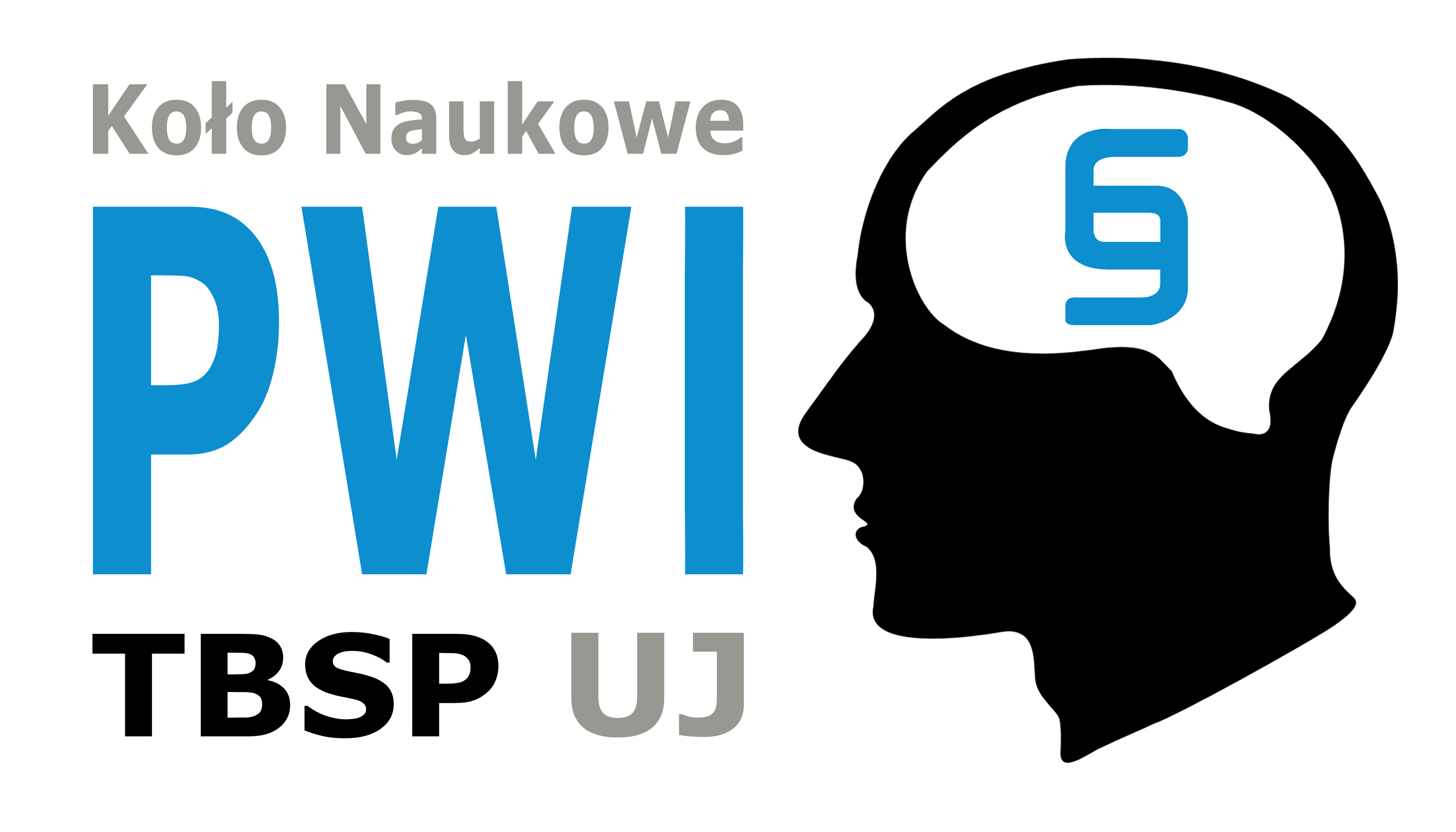Lawmakers grant final approval to payday lending database plans, over industry issues
Opublikowano: September 16, 2021 Autor: Sylwia G
State lawmakers have actually given approval that is final Nevada monetary regulators to finally implement a statewide database for high-interest, short-term payday loans, one thing customer advocates say will give you much-needed degrees of oversight and accountability.
Members of the Legislative Commission — composed of state lawmakers who give last approval to mention agency regulations — met Monday to accept the laws submitted because of the state’s finance institutions Division (FID), that may oversee and handle operations associated with database. The committee that is majority-Democratic along celebration lines, 7-5, to accept the laws.
Despite protests from industry representatives and Republicans that the regulations had been extremely broad and would show hard to implement, Democratic lawmakers in the committee stated that quickly moving forward because of the database laws would enhance oversight that is regulatory the payday financing industry, specially aided by the state’s economy nevertheless coping with the pandemic.
“There’s nothing in right here about looking to get rid regarding the industry,” Democratic Assemblywoman Maggie Carlton said through the meeting. “We understand it will be available to you for a time. Dover online payday advance We would like to know what exactly is actually taking place, therefore if you cannot determine it, you cannot monitor it, and also you can not control it.”
The regulations implement provisions of a bill authorized because of the 2019 Legislature (SB201) that needed development of a database monitoring high-interest loans by mid 2020 — a delay that is six-month component due to disruptions to in-person conferences pertaining to the pandemic. However their approval ended up being staunchly compared because of the state’s payday lending industry, whom stated the laws had been extremely broad and included needs that have been perhaps not contained in the particular 2019 legislation.
“To put it merely, FID is wanting to produce a unique law that is new wholly circumventing the Legislature,” Check City United States Of America representative Ryan Marchesi told lawmakers, incorporating that the proposed regulations “stretch the language of SB201 beyond recognition” and suggested that lawmakers need the agency to restart work with the regulations.
But legislators however opted to go ahead using the laws — FID staff stated they might work quickly but don’t have a timeline for the database’s execution, and that lenders required to make use of the system wouldn’t be straight away penalized whilst the system is ramped up.
In the last two legislative sessions, a small number of Democratic lawmakers have actually attempted to rein in so-called excesses and harmful company techniques through the cash advance industry. State law categorizes any loans with an intention price above 40 per cent being a high-interest loan, governable and overseen by the state’s finance institutions Division.
Nevada repealed its cap on interest levels in 1984 (through an unique legislative session aimed at attracting Citicorp to open a credit-card processing center into the state). Normal interest that is annual for pay day loans into the state can run since high as 652 per cent, in line with the Center for Responsible Lending.
Lawmakers into the mid 2000s authorized a suite of legislation targeted at limiting the size of high-interest loans while the real buck amount of great interest charged when a debtor defaulted on that loan.
In 2019, the state’s Democratic-controlled Legislature passed SB201, an attempt to boost oversight throughout the short-term financing industry. The finance institutions Division is faced with regulating the industry, but mainly utilizes yearly audits of paper or electronic records — a practice that advocates say renders possible bad or unlawful techniques in position for a longer period of the time before being caught.
A 2018 legislative review discovered that nearly a 3rd of high-interest loan providers had violated state legal guidelines within the past 5 years. At the time of 2019, Nevada had about 95 organizations licensed as high-interest lenders, with about 300 branches statewide. In 2016, those organizations made about 836,000 deposit that is deferred, almost 516,000 name loans or over to 439,000 high-interest loans.
The 2019 bill handed down celebration lines and needs the finance institutions Division to contract with some other merchant to generate a database, with needs to collect information about loans (date extended, amount, charges, etc.) along with providing the division the capacity to gather extra information on whether an individual has one or more outstanding loan with numerous lenders, how many times an individual removes such loans and whether an individual has three or higher loans with one lender in a period that is six-month.
Lenders will have to check out the database before extending that loan so that the person can legitimately have the loan. The database is financed via a surcharge on each loan extended, capped at no further than $3.
Most of the information on how a database will work was kept as much as the process that is regulatory. The division published draft laws in with plans to require lenders to not just record details of loans, but also any grace periods, extensions, renewals, refinances, repayment plans, collection notices and declined loans february.
But people in the payday financing industry state that the laws get well beyond the thing that was outlined when you look at the original bill. Neal Tomlinson, a lobbyist for Dollar Loan Center, stated the initial legislation only required nine information points to be entered to the database, whereas the laws would now require entering as much as 25 various information points — a possible barrier because of the large numbers of transactions (500,000 plus) conducted because of the lender annually.
“Because associated with the amount of information points, and due to a few of the information that is required within those information points, it creates it virtually impossible for Dollar Loan Center to comply,” he stated. “We have actually a problem due to the extensiveness associated with information points, as well as the timing associated with the realtime entry of data so it would you need to be physically impossible for people to comply, aside from be an acceptable cost to comply.”
Numerous representatives for payday loan businesses stated they certainly were perturbed with what they characterized as deficiencies in interaction utilizing the banking institutions Division in developing the regulations, and that nearly all their suggestions or proposed changes had been ignored. But banking institutions Division Commissioner Sandy O’Laughlin told lawmakers that the division avoided keeping specific conferences to ensure all individuals had input that is“equal in development of the regulations.
“We had multiple variations of this (regulation), we had written it, rewrote it, and then we took all remarks under consideration,” she said. “But we did not do a one using one, and we also did that from the start. We ensured that everything ended up being available and general public. We did not talk with anybody individually.”
Advocates said the necessity for the bill had just increased into the 12 months . 5 considering that the initial bill was passed away, particularly given the precarious financial predicament for a lot of Nevadans impacted by the pandemic. Taylor Altman, an employee lawyer with all the Legal Aid Center of Southern Nevada, offered a good example of a current client who took down 11 pay day loans over the course of 10 times to simply help settle payments, but “felt crushed underneath the fat with this enormous debt.”
“This is strictly the kind of situation the database will prevent,” she stated.










